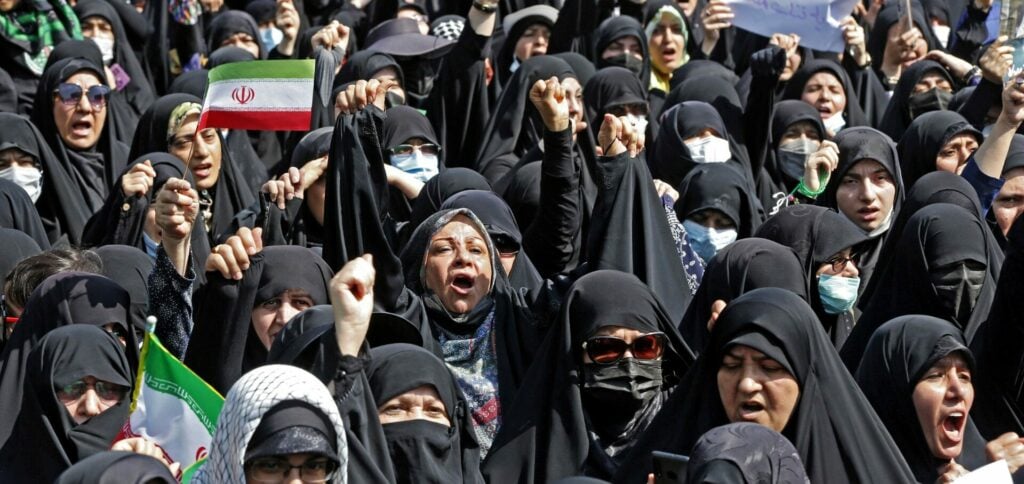“The moral police have nothing to do with the Judiciary” and have been suppressed, announced Iranian Attorney General Mohammad Jafar Montazeri.
ADVERTISING
The morality police, known as Gasht-e Ershad [guidance patrols], were created under the regime of ultraconservative President Mahmoud Ahmadinejad [in power from 2005 to 2013] to “spread the culture of decency and the hijab,” the Muslim headscarf. feminine.
Fight for Mahsa Amini
The Islamic Republic has been plunged into a wave of protests since the death of Mahsa Amini in September. The young Kurdish-Iranian woman had been detained by the moral police. Authorities say the death was caused by health problems, but the family says Amini died after being beaten.
Since then, women have led the protests, in which they shout slogans against the government and take off and burn their veils.
ADVERTISING
According to the latest report released by Iranian General Amirali Hajizadeh, of the Revolutionary Guard, more than 300 people died in the demonstrations. According to NGOs, however, this number would be more than double.
Wearing the veil became mandatory in Iran in 1983, four years after the 1979 Islamic Revolution. The law states that both Iranian and foreign women, regardless of their religion, must wear a veil covering their hair and wear loose clothing in public.
Read also
(With AFP)





